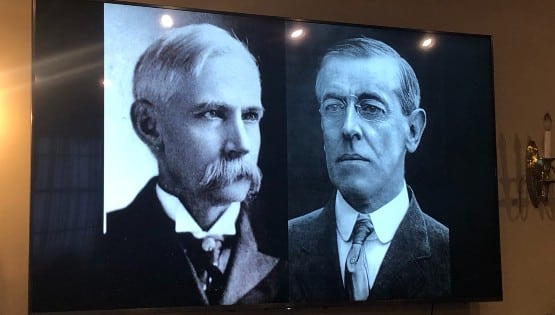
Thirty years ago, Congress passed the Electronic Communications Privacy Act to provide a fair balance between the privacy expectations of American citizens and the legitimate needs of law enforcement agencies. But so much has changed since then. Technology has placed a great deal of information on the Internet, in our emails, and on the cloud. The vast majority of folks now communicate electronically. Just think of how many texts or emails you, or someone in your family, have sent today alone!
At the same time, law enforcement agencies are increasingly dependent upon stored electronic communications content and records in their investigations. With email communication becoming the norm today, Congress has sought a balance to ensure that legitimate expectations of privacy are protected while respecting the investigative needs of law enforcement. In fact, reforming this outdated law has been a priority for me as Chairman of the House Judiciary Committee. For several years, I have worked with Members of Congress, advocacy groups, and law enforcement agencies on the many complicated nuances involved in reforming this law in order to protect Americans’ privacy and public safety in the digital age.
Just a few days ago, we witnessed an historic event in the House of Representatives. By a vote of 419-0, the House passed the Email Privacy Act to update the procedures governing government access to stored emails. I was proud to see this bill passed through the Judiciary Committee and lead debate on the House floor. As technology has far-outpaced current law, the Email Privacy Act modernizes decades-old law to establish a uniform warrant requirement to acquire stored electronic communications in criminal investigations.
The United States Constitution protects Americans’ property from unreasonable searches and seizures and we must ensure that this principle continues to thrive in the digital age. The updates to the law in the Email Privacy Act will better protect Americans’ Fourth Amendment rights without impeding law enforcement’s efforts to protect public safety. With the overwhelming support of the House for this bill, I urge the Senate to take up and pass the Email Privacy Act quickly. It’s time the law caught up with technology.
Bob Goodlatte represents the Sixth District of Virginia in Congress.










